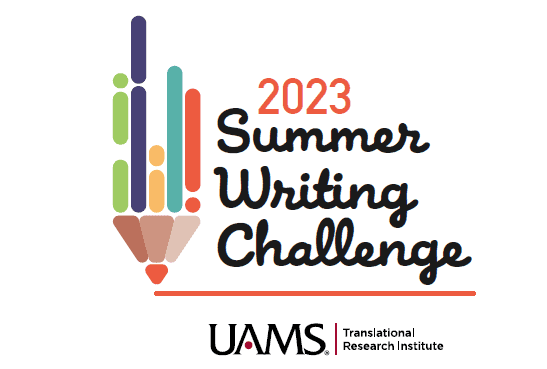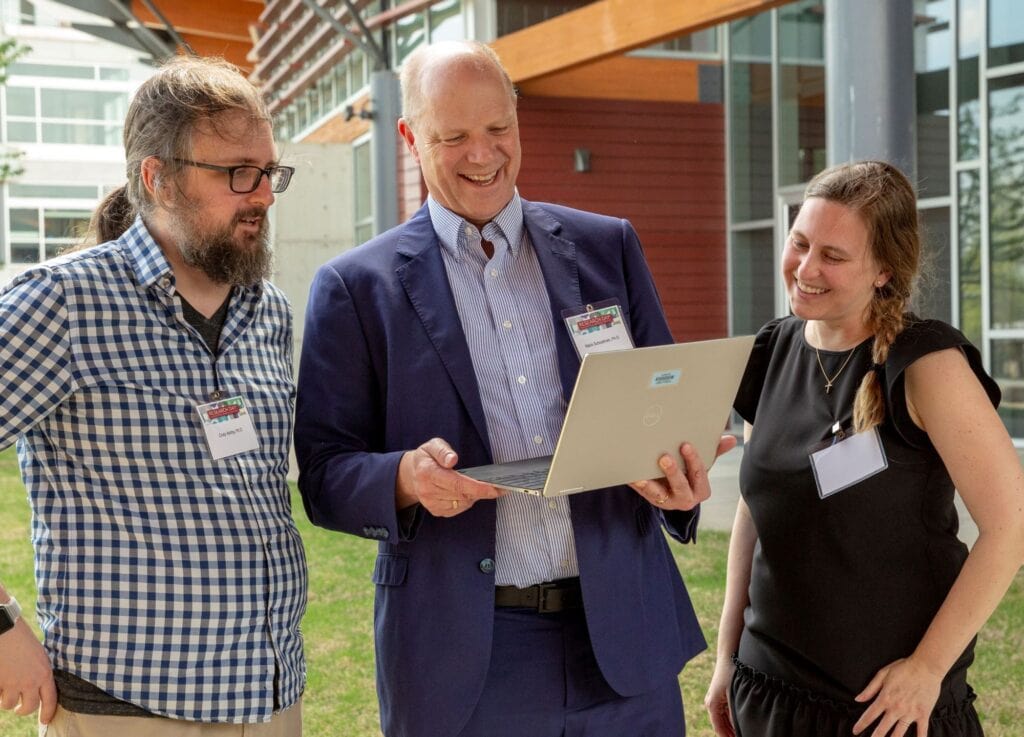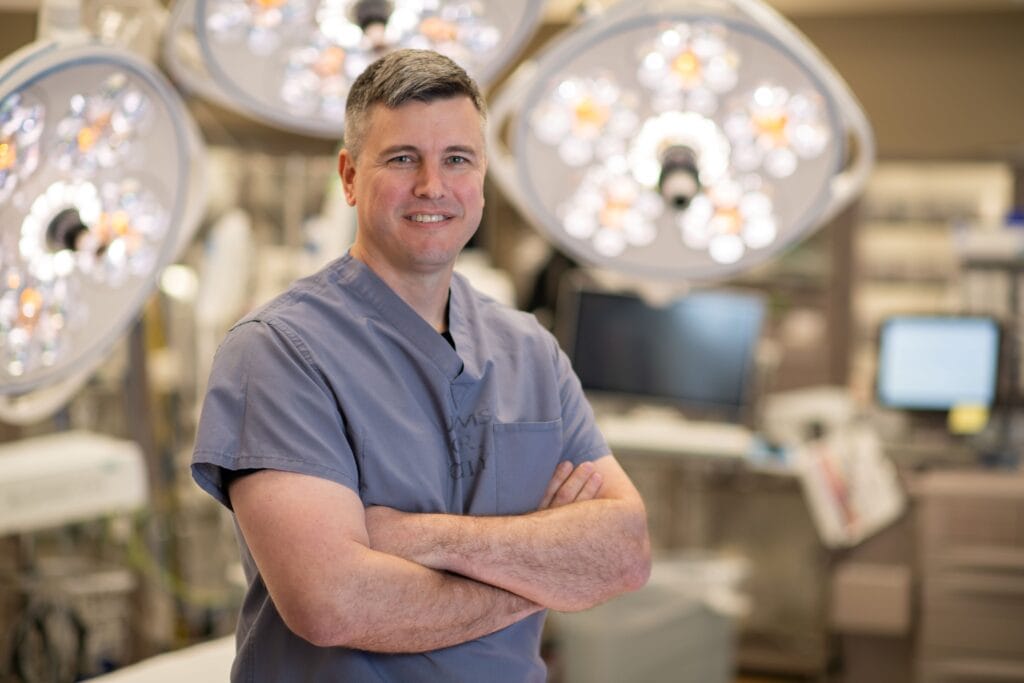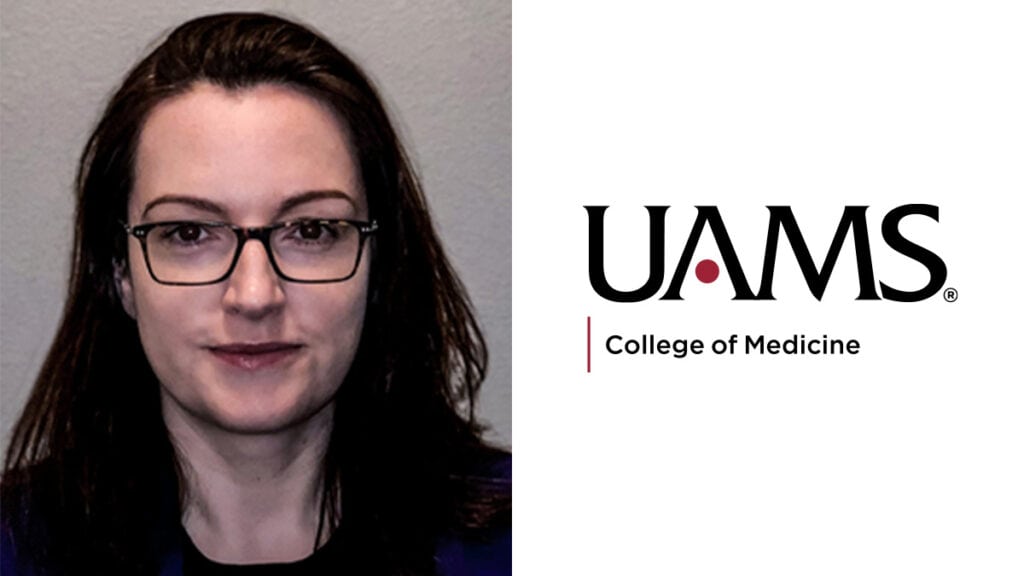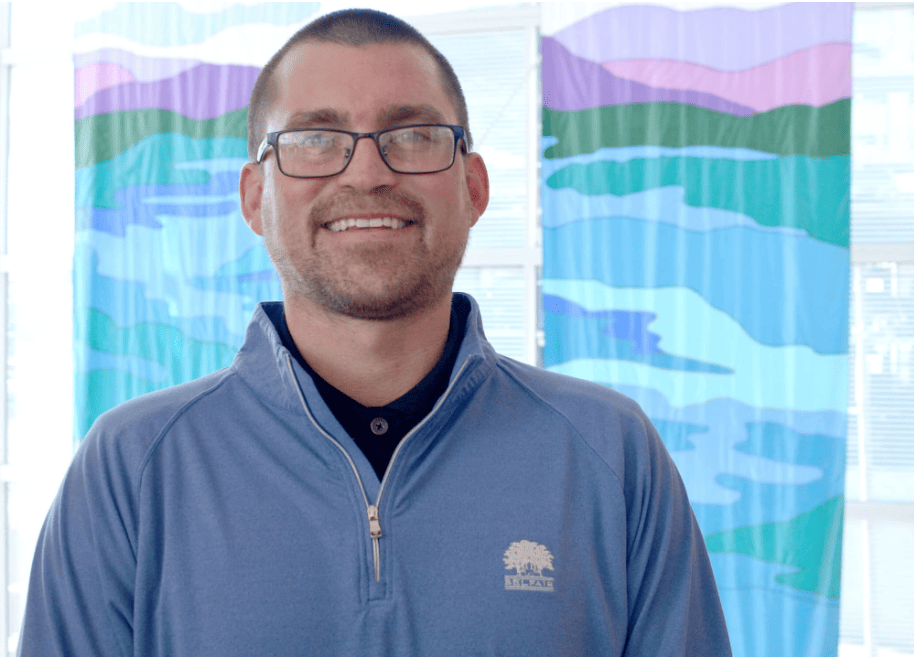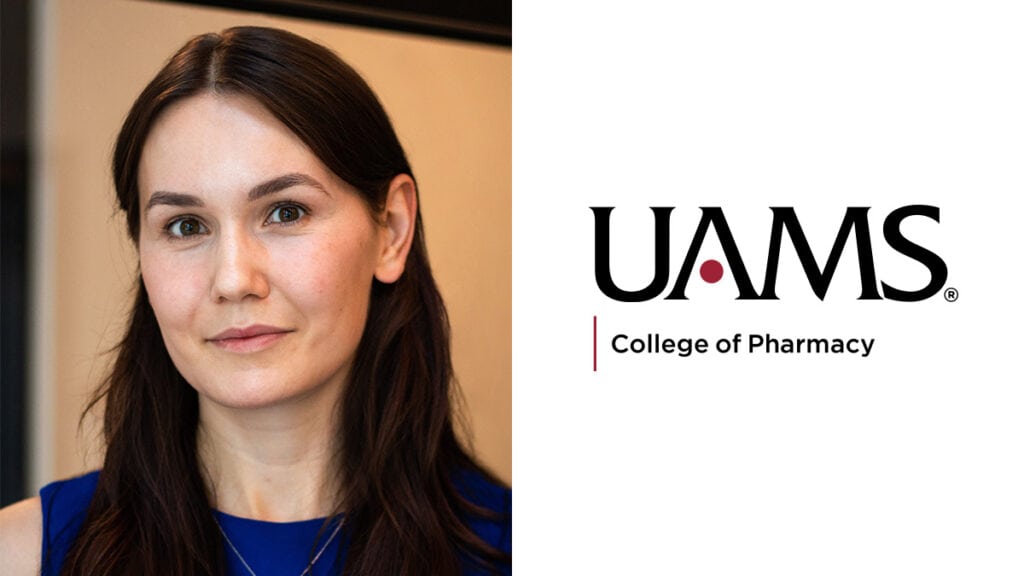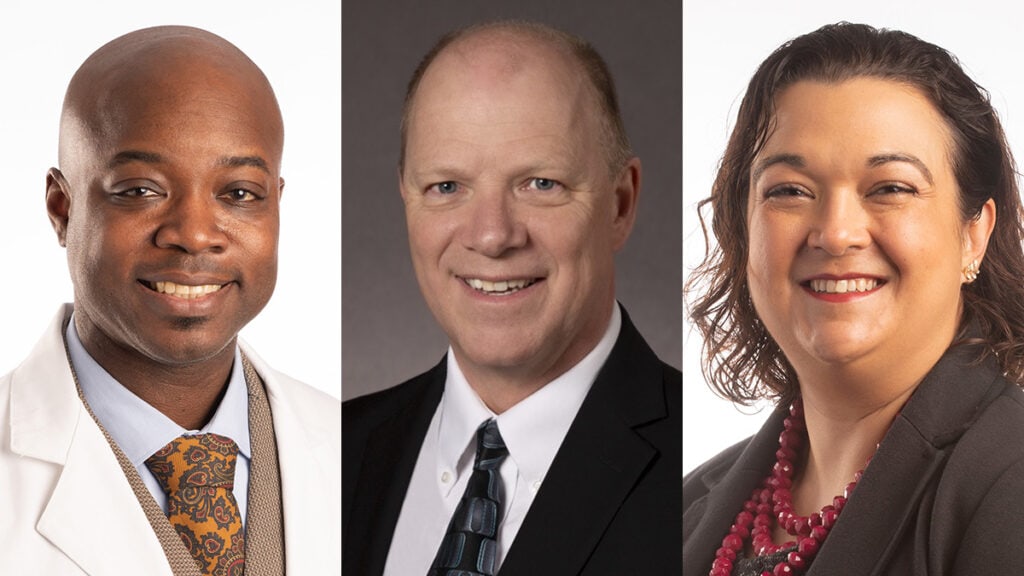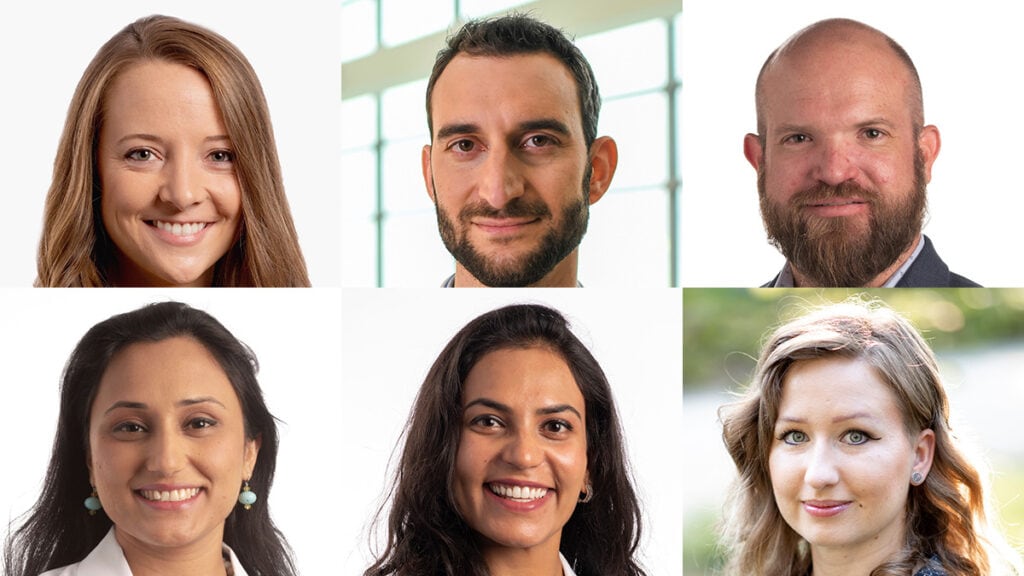
We are thrilled to announce that the AtKisson Training Group (ATG) will be conducting three grant-writing workshops for UAMS-affiliated researchers this fall, free of charge! If you are looking to advance your academic career and secure funding for your projects, this is an opportunity you don’t want to miss.
ATG, led by M.S. (Peg) AtKisson, Ph.D., an acclaimed public speaker and expert in the field, is known for empowering academic researchers with the skills to excel in grant writing and leadership. The workshops are sponsored by TRI and Pearl McElfish, Ph.D., MBA, director of the UAMS Division of Community Health & Research.
Here are the workshop details:
Developing and Funding Your Research (two sessions, four hours each):
Dates: Sept. 28, 29; Time: 9 a.m. – 1 p.m.
In this comprehensive workshop, you will learn valuable insights into planning, time management, and structuring your NIH grant proposals. Through engaging lectures and practical activities, you’ll gain the necessary tools to craft effective research proposals that stand out. The session will focus on specific aims, research strategy, significance, innovation, and approach, supported by hands-on exercises and helpful templates. In addition, this workshop also addresses team management, planning for productivity and publications, and working toward sustainable funding for your research. Take advantage of this opportunity to understand the “why” behind the “what” of successful grant writing.
How to Craft Effective Grant Renewals and Resubmissions (four hours):
Date: Oct. 5; Time: 9 a.m. – 1 p.m.
Are you looking to renew your R01 or R15 grant? This workshop will guide you through the details involved in the renewal process. Delve into topics such as productivity, projected budget, and research trajectory, as well as writing a compelling progress report and navigating NIH Type 2 submissions. Gain the confidence to strengthen your grant renewal submissions effectively. Registrants with a planned resubmission to work on in this workshop should submit their “pink sheet” of reviewer comments at registration. You will engage in some hands-on work and leave this workshop with a specific roadmap to success on your resubmission.
How to Prepare Your NIH K Award Application (four hours):
Date: Oct. 12; Time: 9 a.m. – 1 p.m.
If you are aspiring to secure an NIH K award, this intensive workshop is tailored to meet your needs. Receive in-depth guidance on every aspect of a K award proposal, understanding the purpose of each section and how they must align. With the knowledge gained from this workshop, you’ll be better equipped to create a standout K award application.
Special Note:
Another free ATG-led grant-writing workshop, “Structuring Proposals” will be held March 21 and 22, 2024, 9 a.m. – noon, each day. Be sure to save the dates, and you can register early here.
(Note: It is recommended that if you attend the Developing and Funding Your Research workshop, you should not also attend Structuring Proposals, as there is significant overlap on the grant development training in both sessions.)
Contact: Adam Kleinerman, AKleinerman@uams.edu

